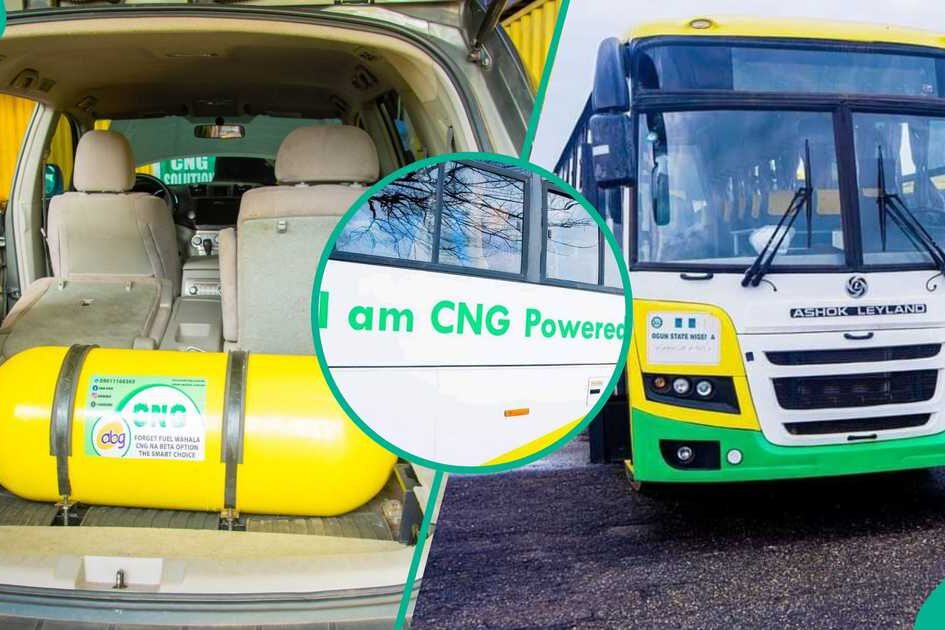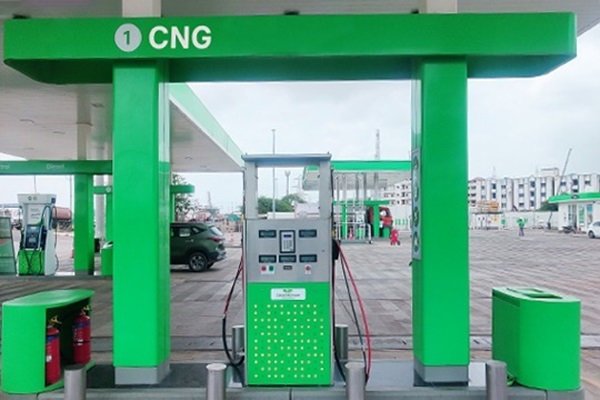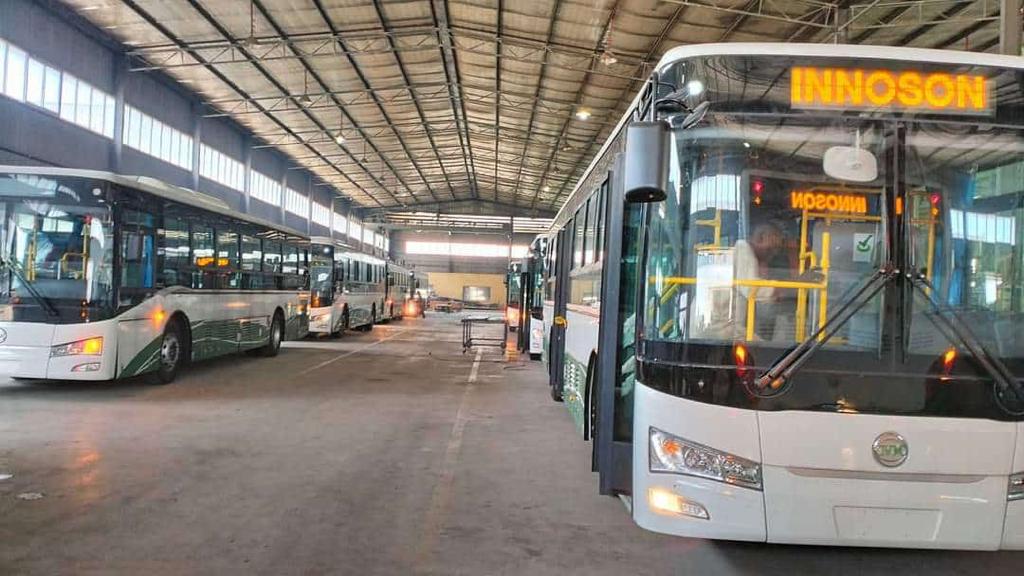By Simon, Markus Yila
In recent years, Nigeria has embarked on a transformative journey towards cleaner energy solutions, with a significant focus on transitioning from petrol to Compressed Natural Gas (CNG) vehicles. This shift is not just a technological upgrade but a strategic move to address environmental concerns, economic challenges, and the need for sustainable development.

The Push for CNG
The Nigerian government has been proactive in promoting the adoption of CNG vehicles. One of the key initiatives is the “convert now, pay later” scheme, which allows vehicle owners to convert their petrol-powered vehicles to CNG with flexible payment plans. This initiative aims to make the transition more accessible and affordable for the average Nigerian.
Environmental and Economic Benefits
Switching to CNG has numerous benefits. Environmentally, CNG is a cleaner fuel, producing fewer pollutants compared to petrol and diesel. This transition is crucial for improving air quality in major cities like Abuja and Lagos, which suffer from high levels of air pollution. Economically, CNG is cheaper than petrol, offering significant savings for vehicle owners and reducing the country’s dependency on imported fuel.

Impact on Public Transportation
The impact of CNG vehicles on public transportation in Nigeria is profound. The government has rolled out CNG-powered buses and tricycles. These vehicles are expected to significantly reduce transportation costs, making commuting more affordable for the public. Additionally, the lower fuel costs and maintenance expenses associated with CNG vehicles can lead to more sustainable operations for public transport operators.
The introduction of CNG buses is also aligned with Nigeria’s broader goals of economic resilience and environmental sustainability. By reducing reliance on imported petrol, the country can save billions annually and foster job creation through the development of CNG infrastructure. Moreover, the lower carbon footprint of CNG vehicles supports Nigeria’s commitment to global climate action and the Sustainable Development Goals (SDGs).

Challenges and Considerations
Despite the benefits, the migration to CNG vehicles is not without challenges. The initial cost of conversion, although mitigated by government schemes, can still be a barrier for some. Additionally, the infrastructure for CNG refueling stations needs to be expanded to support the growing number of CNG vehicles. There are also technical challenges related to the conversion process and the maintenance of CNG vehicles.

Government and Private Sector Collaboration
The success of this transition relies heavily on collaboration between the government and the private sector. The Presidential Compressed Natural Gas Initiative (PCNGi) has been instrumental in driving this change, partnering with local companies like Innoson Motors to invest in the Nigerian CNG sector. Moreover, agreements with organizations such as the National Union of Road Transport Workers (NURTW) and the Nigeria Police Trust Fund (NPTF) are crucial for large-scale implementation.

Future Prospects
Looking ahead, the Nigerian government has set ambitious targets, including converting one million vehicles to CNG by 20254. This goal is part of a broader energy transition plan that also includes the development of electric vehicle infrastructure. If successful, Nigeria could become a leader in sustainable transportation in Africa, setting an example for other nations to follow.
Conclusion
The migration to CNG vehicles in Nigeria is a bold and necessary step towards a sustainable future. While challenges remain, the combined efforts of the government, private sector, and the public can drive this transition forward, ensuring cleaner air, economic savings, and a more resilient energy sector for the nation.
